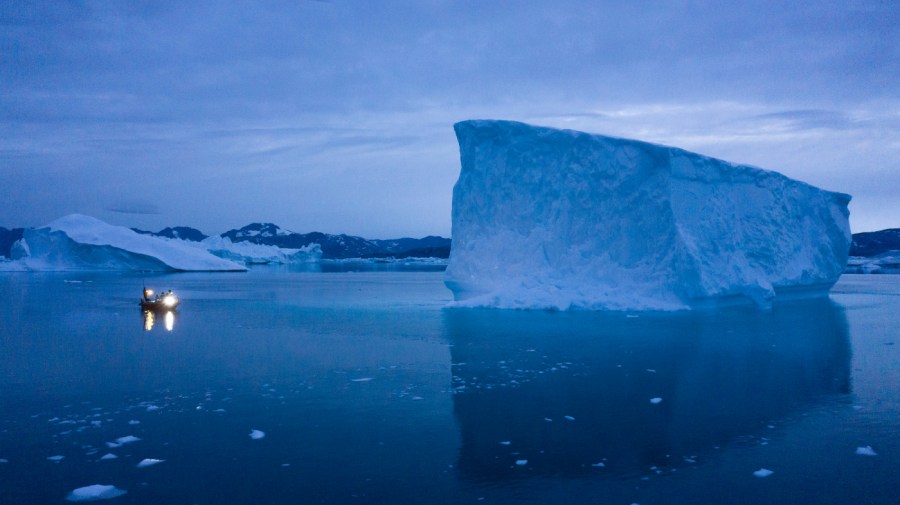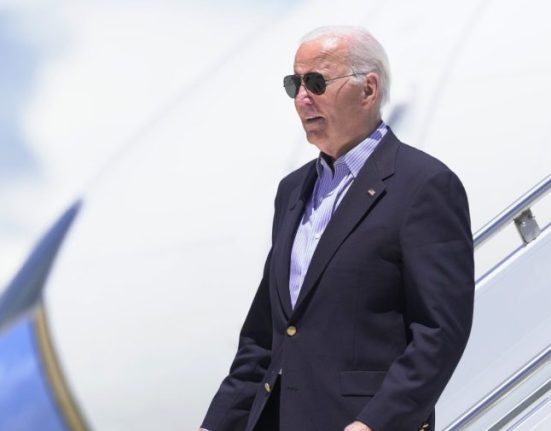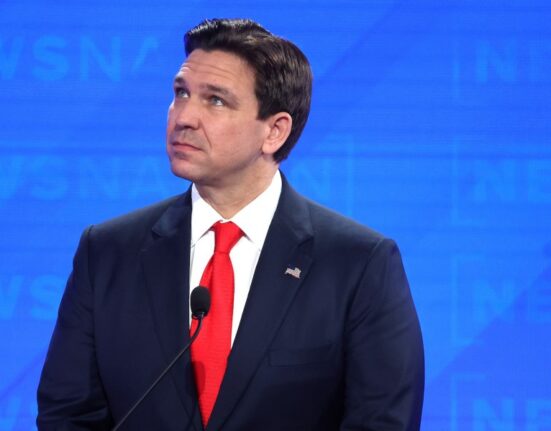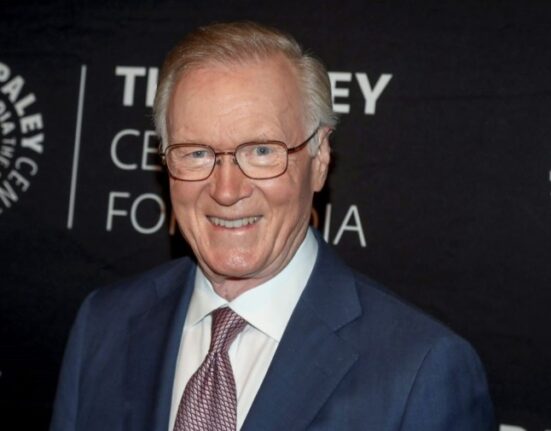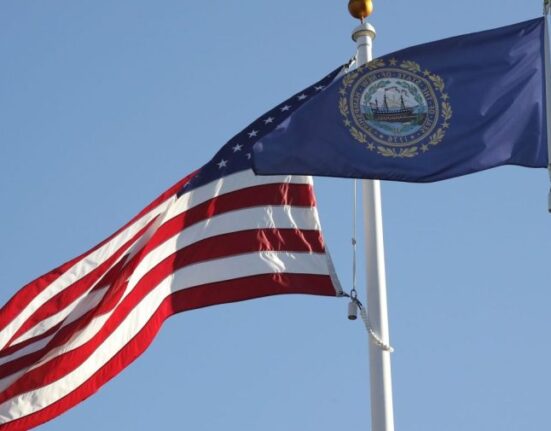President Trump deserves credit for understanding that in our age of satellites and cyberspace, physically controlling strategic places still matters.
Greenland is important because of its untapped natural resources, and because its location commands the Arctic. As the ice melts, North America is gaining a new frontier with Russia, prompting a necessary review of U.S. security in a contested region.
Greenland matters, but how the U.S. talks about Greenland matters more for U.S. interests around the world.
It’s important to remember that Greenland is already fundamentally secure. Denmark, which controls defense policy for the autonomous island, is a NATO ally and longstanding friend of the U.S. The American military already maintains a presence on the island and the Danes are inclined to support expanding its role. Greenland’s local parliament is equally amenable to economic and military cooperation with Washington.
Greenland has no interest in becoming an Arctic outpost for the Russian military. There’s also no reason to believe it favors Chinese companies over American ones as it seeks to develop its mineral reserves.
Greenland’s aversion to Russia and skepticism of China is not an accident of history. Its feelings are rooted in the Western values that influence its geopolitical outlook. Greenland’s goodwill toward the U.S. is based on the shared nature of these values, and on its trust in the restrained exercise of American power.
Any willingness by the U.S. to use coercive power undermines that trust and the trust that underpins the most powerful network of alliances in history.
America’s alliances are possible because the country is the first great power in history without territorial ambitions. Historic powers, from Rome to the Ottomans to the British, habitually sought control over the territory of others.
American history isn’t free of these pursuits, but for almost 80 years our country has existed at the height of its power without seeking new territory. Any suggestion that the U.S. had abandoned its restrained view on the exercise of power would make foreign countries leery of our influence and destabilize our alliances.
American interests in Greenland illustrate how much those alliances matter. Through NATO, the U.S. can deter Russia in Greenland with a limited military force on the island. So long as Russia believes the U.S. and Europe will fight to defend NATO territory, Russian action to seize Greenland is unthinkable.
Economically, the exploitation of Greenland’s resources is only possible because of the peaceful conditions encouraged by America’s alliances. These alliances have discouraged armed conflict between major states for 80 years. They have benefited the American people by sparing them the horrors of major conflict, and by creating a world where commerce can grow.
The existence of our alliances, so critical to the world we know, depends on the belief by other nations that our country can be trusted with power.
Rather than appeal to Denmark’s goodwill, President Trump’s rhetoric risks trapping the U.S. in a cycle of increasing coercion. As countries come to distrust American power, each will be less inclined to acquiesce to our interests voluntarily. If those interests are important enough, the U.S. will have no choice but to overcome their reticence by threatening consequences to achieve our aims.
Coercion would replace the existing system based on trust and goodwill, and countries would inevitably seek new international arrangements to balance America’s coercive power. This would weaken the U.S. just as we enter a critical phase in our competition with Russia and China.
How the U.S. talks about Greenland, and how we talk about other strategic places like the Panama Canal, will either strengthen or undermine our network of international alliances.
Greenland is important to U.S. security but it’s only one of many concerns in a complex world. Trying to change the status quo in Greenland, while undermining the trust that makes the system of alliances possible, is counterproductive in the extreme. It’s also unnecessary since Denmark is ready to accommodate America’s strategic needs.
President Trump’s suggestion that the U.S. might use coercive means to alter conditions in Greenland gets the U.S. nothing it doesn’t already have. At the same time, it puts in jeopardy the hard-earned image of America as a benevolent power and weakens the trust that underpins our alliances.
Lacking trust and operating with weakened alliances, to achieve its ends the U.S. would need to become something it’s never been: A bully on the world stage. This not only sacrifices the moral high ground, but it also leaves America less safe than it’s been for 80 years.
Colin Pascal is a retired Army lieutenant colonel and Military Intelligence officer. He spent most of his 20-year military career filling strategic intelligence assignments, including in support of NATO and international military coalitions in the Middle East. He is a graduate student in the School of Public Affairs at American University in Washington, D.C.



